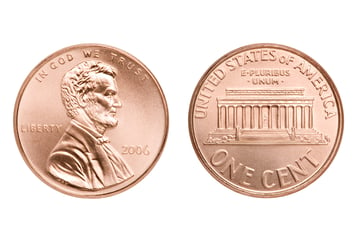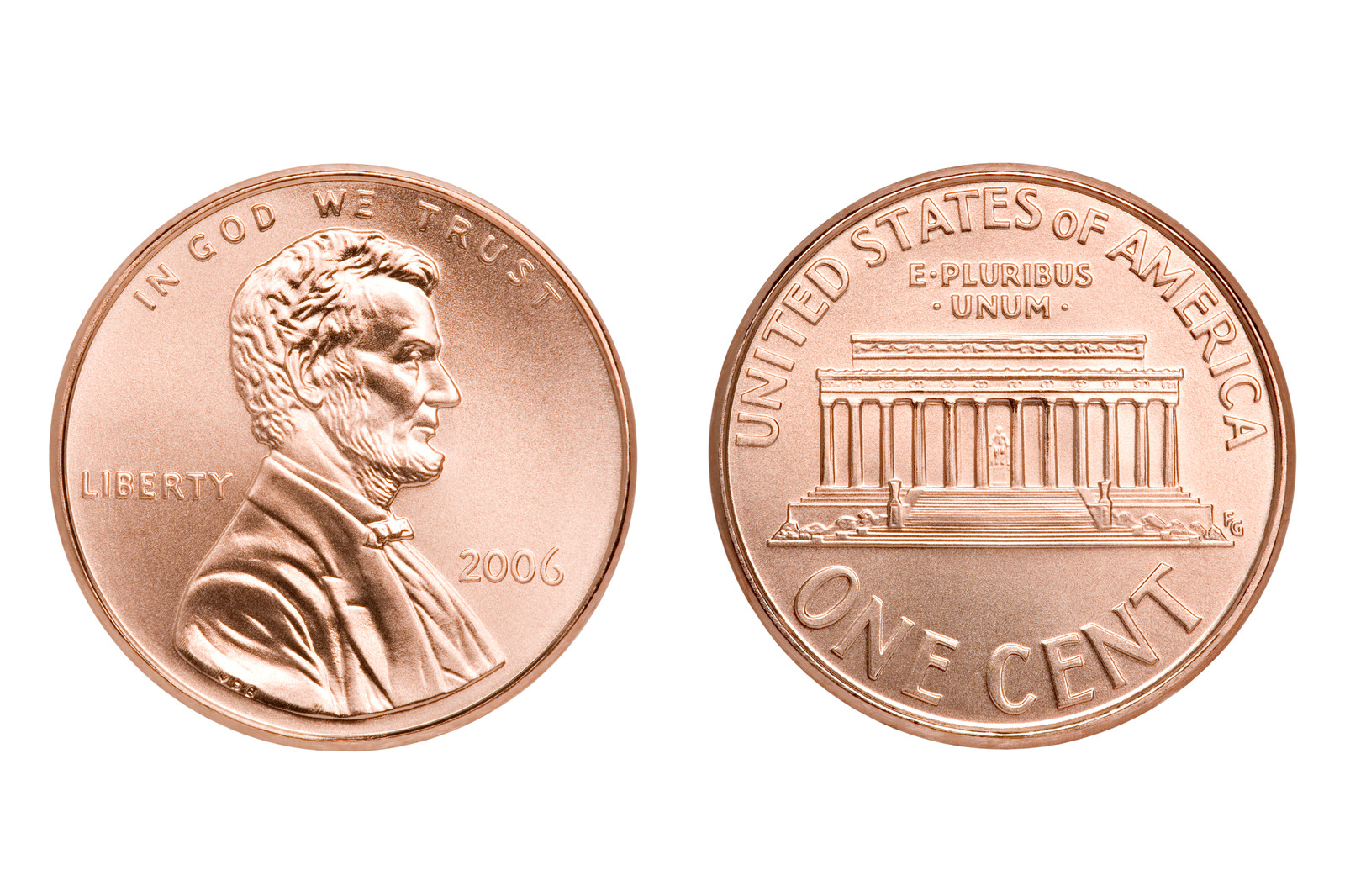Deep into February, I begin to receive two very common questions:
"I am a payee who forgot to send or did not issue 1099s, what do I do"?
or,"I received money for various things throughout the year, such as miscellaneous work, interest, dividends and retirement distributions, and I did not receive a 1099, what should I do?"
First, we must understand what a 1099 is and the purpose of the form. A 1099 is used to document various forms of income. Depending on the type of income paid (a payee) or received (a recipient) from various sources, will determine the proper 1099 form:
· Interest earned (1099-INT)
· Dividends received (1099-DIV)
· Cancellation of debt (1099-C)
· Government payments (1099-G)
· Proceeds from broker transactions (1099-B)
· Retirement distributions (1099-R)
· Miscellaneous income (1099-MISC)
As a payee, you must issue a 1099 when paying any individual or business and answer “YES” to any of the following questions:
-
Did you pay $600 or more during the year in commissions, management fees, subcontractor labor, professional services, rent, or prizes to any non-incorporated business or individual?
-
Did you pay $10 or more during the year in interest, dividends, or royalties to any non-incorporated business or individual?
-
Did you pay $600 or more during the year in attorney fees to any business or individual?
-
Did you pay $600 or more during the year in medical and health care payments to any business or individual?
As a taxpayer, you must report all income listed above, whether or not the payee issued you a 1099. Even if you did not receive a 1099 that does not mean it was not filed. Quite possibly, the 1099 was filed and mailed but you never received it for a variety of reasons.
A 1099 is not required unless you earned more than $600 from the payee for services provided during the year or earned $10 or more of interest. This does not mean the income is not taxable, just that they payee does not have to issue a 1099.
Generally, payments to a corporation do not require a 1099. However, if you are a corporation providing medical or attorney services you will be issued a 1099.
If you did not receive a 1099 form
Assuming you are due one or more 1099s, you should have received them by now, as the deadline was January 31st. If you are expecting one and you have not received one, your best bet is to contact the payee. It is your responsibility to claim the income with or without receiving a 1099. The income is taxable and it is better to be safe.
Do you need to have all your 1099s before you prepare or file your return?
No, you do not really have to have all of your 1099s to file your taxes, as you don’t usually need to attach them to your return. You must however, accurately piece together your income (as well as any income taxes withheld) from other sources; you can then go ahead and report it without documentation.
If you file your taxes and later receive a 1099 which was not included in your income total, you may have to amend your return using IRS Form 1040X (we can help!).
Knowing the regulations surrounding 1099s as a payee or a taxpayer can be confusing. We are able to assist you in the preparation, issuance, and filing of these forms, whether a payee or a taxpayer. Contact me at rhuszai@zinnerco.com or any of our tax professionals at 216-831-0733. We're ready to start the conversation.





